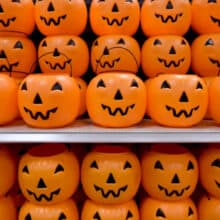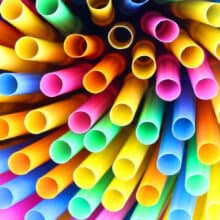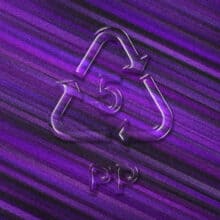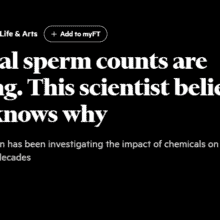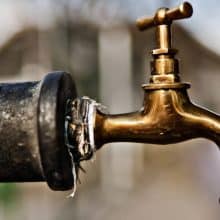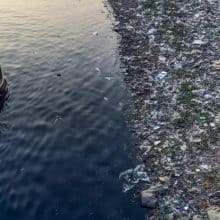Plastic pollution is an enormous global problem, and a lot of focus has been rightly placed on the devastating effects that plastic is having on our oceans and marine life. But plastic pollution on land is a big problem, too, as experts have recently been reminded when they started discovering giant blobs of the stuff inside the stomachs of dead camels.
Read More
Q&A: Our addiction to plastic has to end, No More Plastic founder and president says
At this year's Lisbon Web Summit, Euroviews spoke to No More Plastic founder and president Rosalie Mann about the reasons why we are oblivious to the dangers plastic poses to our health and our environment, as well as the ways in which we could change our approach to reduce the hazard we face almost unknowingly.
Read More
Safari officials issue warning after disturbing find during autopsy of dead wildebeest: ‘[It’s] truly disgusting’
Interacting closely with human tourists does not always work out well for the animals. According to the park’s Facebook page, one of their wildebeest recently died, and the autopsy revealed that it had five plastic bags in its stomach.
Read More
Wildlife officers make disturbing autopsy discovery after euthanizing sick bear: ‘It’s a call we wish we never had to make’
A sick bear in Telluride, Colorado, was euthanized by authorities — and upon a necropsy, they discovered that the animal had suffered for months due to plastic waste blocking its digestive system.
Read More
Why Halloween is an ecological disaster
It may seem daunting to change the way we celebrate a beloved holiday. It may also be necessary. Every parent of young children has awoken on Nov. 1 to the aftermath of Halloween: piles of candy wrappers, discarded costumes, molding pumpkins and decorations demanding to be taken down.
Read More
Could plastic made from bacteria guts help solve our waste crisis?
Bioplastics called PHAs grow like beer and biodegrade like wood. And they may be able to help with our plastic waste problem.
Read More
When I found out what these symbols really mean, I almost stopped recycling
That symbol of “chasing arrows” you find on plastic does NOT mean it can be recycled. What we often call “recycling numbers” are actually “resin identification numbers” - meaning they tell you what kind of plastic you are dealing with. And this symbol was designed this way on purpose by the big plastic corporations, to give us the sense all plastic could be recycled. Which is of course not true.
Read More
Global sperm counts are falling. This scientist believes she knows why
Since the late 1930s, sperm counts around the world appear to have dropped significantly. While the decline was initially observed in western countries, there is evidence of the same phenomenon in the developing world, and it seems to be accelerating. Swan, a Berkeley-trained statistician-turned-epidemiologist, believes she knows why.
Read More
EPA proposes first-ever limits on PFAS in drinking water
The standards would force states to begin the arduous process of cleaning out 'forever chemicals' from their water supplies.
Read More
A growing plastic smog is choking the world’s oceans — and it shows no signs of slowing down
More than 170 trillion plastic particles weighing roughly 2 million metric tons are afloat in the world’s oceans, according to new research.
Read More
- «Previous Page
- 1
- 2
- 3
- 4
- 5
- …
- 8
- Next Page»
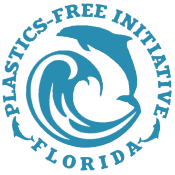


![Safari officials issue warning after disturbing find during autopsy of dead wildebeest: ‘[It’s] truly disgusting’](https://www.plasticsfreeinitiative.org/storage/wildebeast-220x220.jpg)

